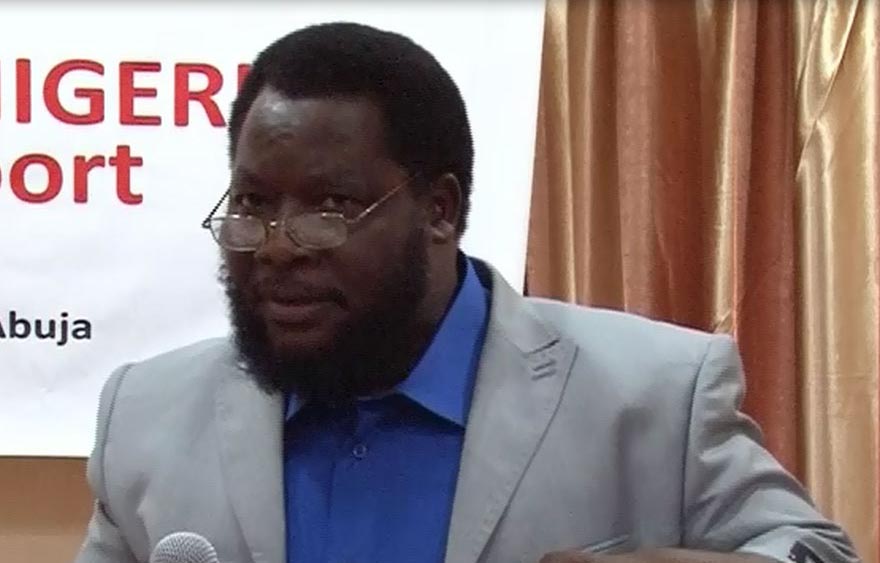I n his critical introduction to “Globalization and the Nigerian Labour Movement”, the labour activist and intellectual, Femi Aborisade, gave in-depth definition of globalization.
n his critical introduction to “Globalization and the Nigerian Labour Movement”, the labour activist and intellectual, Femi Aborisade, gave in-depth definition of globalization.
He categorizes the definition into five broad classifications which are in some ways related and to some extent overlap, but with a different emphasis. With the last of these categories, globalization is seen as westernization or modernization – this resonates clear and loud in the Africa context.
Globalization is conceptualised as a social process or set of processes in which the constraints of geography as social and cultural arrangements recede and in which people become increasingly aware that they are receding. In other words, globalization entails a reconfiguration of geography, such that social space is no longer wholly mapped in terms of territorial places, territorial distances and territorial borders.
At least this is the theory, but in practice we have an increased use of visas, fortress Europe, the plight of refugees on the borders and drowning on the way. With the promise of more to come! Trump, the US presidential candidate notoriously called for a wall to be built across the south of the US to keep the Mexicans. But the following is another example of one of his rants: “We need to get the Africans out… especially the Nigerians. They’re everywhere. We can’t have that! If I become president, we’ll send them all home. We’ll build a wall at the Atlantic Shore.”
Globalization follows the trajectory of colonization and before that slave trading. It is the latest phase of exploitation of the poor, the workers, the 99%. It is designed to re-build the class power and wealth of the rich, the ogas, the 1%.
With slave trading tribal chiefs gained power and influence by exchanging slaves for guns. In the process they built up their kingdoms to the detriment of most people – both locally and the neighbouring peoples. Colonialisation led to the development of a layer of privileged local partners – warrant chiefs, local advisors and a few government officials. It was these people that managed to take state power when independence, the result of mass action, finally arrived.
Indigenisation expanded this local elite and led to the development of a coherent local ruling class. The power, wealth, ostentation and flagrant corruption of these people gradually increased over-time. Globalisation and neoliberalism provides them with the justification for for their islands of incredible wealth in a sea of misery and poverty. Privatisation and outsourcing also provides them with both legitimate and corrupt means for them to further extend their ill-gotten gains.
With the periodization of history, slavery, colonialism and capitalism we had different predominant modes of transfer of surplus value from the poor majority to the rich minority (both local and international). There is no hard and dry demarcation for each phase. We do also know that, the fact that plundering and looting of resources took place in the slave and colonial phases does not mean it no longer takes place.
The African youths of this generation must unite and join forces with progressive, revolutionary and socialist forces to make an alternative world possible. Watch out for my book – In The Struggle! – as part of my contribution to building for the struggle from below.
by Alex Ogbu









